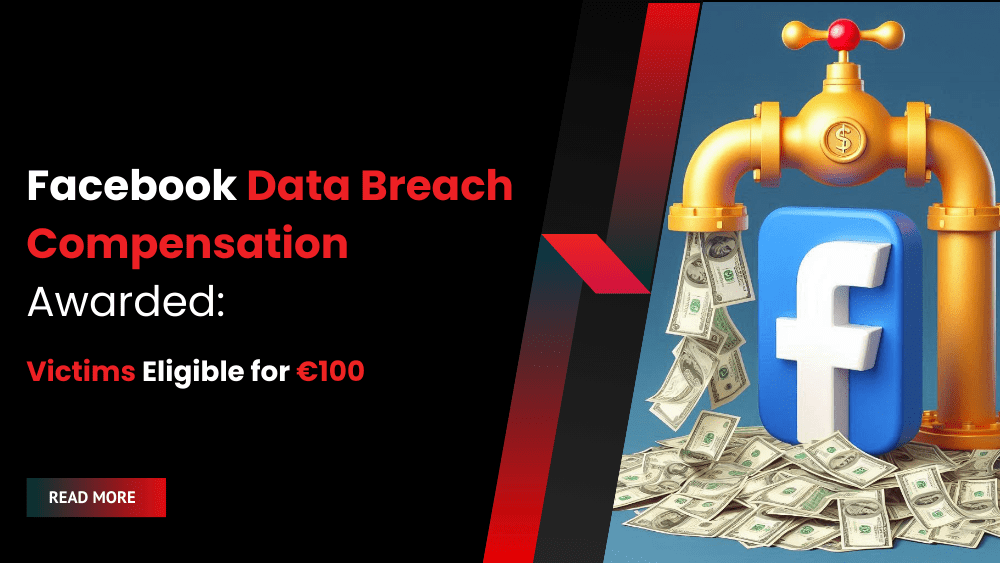German Court Awards $105 (€100) in Facebook Data Breach Compensation
A landmark decision by a German court has paved the way for thousands of Facebook users to receive compensation for their involvement in a massive data breach that occurred in 2021. The German Federal Court of Justice (BGH) ruled on Monday that users can claim approximately €100 ($105) each, even if their data wasn’t misused or caused them direct harm. This ruling is significant because it establishes a precedent for compensation in cases where the non-material damage of a data breach is sufficient grounds for legal action.
The Facebook Data Breach and its Aftermath
In 2021, the personal data of around 533 million Facebook users worldwide was leaked online. The breach stemmed from an exploited vulnerability that allowed hackers to access user accounts using randomly generated phone numbers. Facebook stated that malicious actors “scraped” the information through a weakness in its tools that existed before September 2019. The compromised data included user IDs, full names, workplaces, and gender.
German Facebook users who initiated a lawsuit against Facebook argued that the company failed to implement adequate security measures, resulting in distress and a loss of control over their personal information. Initially, they sought €1,000 ($1,056) in damages per user. However, the court deemed €100 a more appropriate amount due to the lack of evidence demonstrating financial loss. This decision contrasts with previous rulings by German courts, which had rejected similar claims for damages.
Meta’s Response and the Legal Landscape
In response to the court’s decision, a Meta spokesperson stated to German media that Facebook’s systems weren’t hacked during the incident and that no data breach occurred. Meta further highlighted that similar claims have been dismissed thousands of times by German courts, with many judges concluding that no grounds for liability or damages exist. The company’s statement directly contradicts the findings of the BGH and the evidence presented by the plaintiffs.
The ruling underscores the ongoing legal battles surrounding data breaches and the interpretation of the General Data Protection Regulation (GDPR). The GDPR, a cornerstone of European data protection law, emphasizes the right to data protection and the importance of holding companies accountable for data breaches. The court’s decision to award compensation even in the absence of demonstrable financial harm strengthens the GDPR’s protective measures.
It remains unclear how many German users will ultimately receive compensation. Local media reports indicate that claims against Meta expire at the end of the year.
The implications of this ruling extend beyond Germany. It highlights the growing global awareness of the importance of data privacy and the potential legal ramifications of data breaches. The decision serves as a reminder for companies to prioritize robust security measures and to be prepared for potential legal repercussions in the event of a data breach.
The €265 million ($280 million) fine imposed on Meta by Irish data protection authorities in 2022 for the same incident further underscores the severity of the situation and the potential financial penalties involved.
The Importance of Facebook Data Breach Compensation
The German court’s decision to award Facebook data breach compensation, even in the absence of demonstrable financial harm, is a significant development in the ongoing fight for data privacy. The ruling sets a precedent that could influence future cases and emphasizes the importance of holding companies accountable for data breaches, regardless of the direct financial impact on affected individuals.
On the other hand, the case highlights the need for strong data protection measures and the potential legal consequences of failing to implement them.









